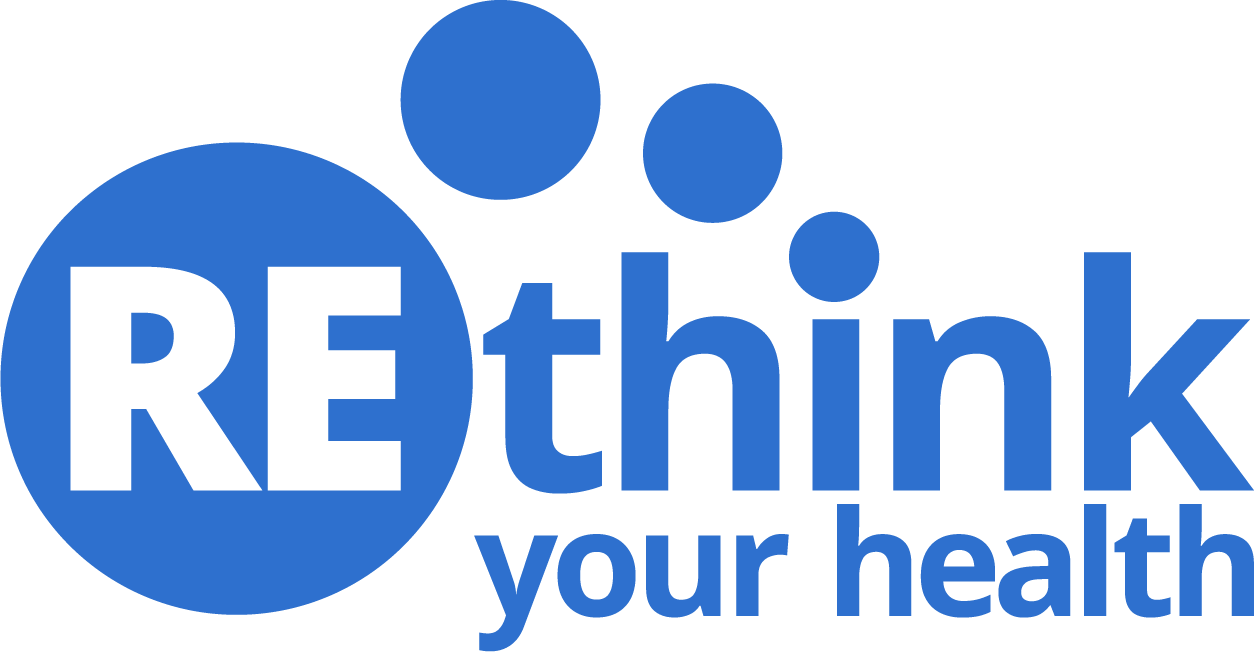HIV
HIV is short for human immunodeficiency virus.
HIV virus can be found in bodily fluids and blood of the infected, as well as milk of an infected mother.
It is usually transmitted through sexual intercourse or by being in contact with the blood of an infected person. This is why it is very common among intravenous drug users. Pregnant mothers can infect their unborn children, this can also happen later during breastfeeding.

You can’t get infected by HIV if you hug, shake hands, share cutlery, eat food prepared by or touch the infected person. You can’t get infected by spending time in the same room as an infected individual. DO NOT DISCRIMINATE THOSE AFFECTED BY HIV!
HIV infection progresses through several distinct phases. These are: primary infection, asymptomatic phase, symptomatic HIV infection and progression from being HIV positive into AIDS.
Symptoms of HIV infection vary according to the phase, early on most people have no symptoms. After a while, symptoms may appear, but this is highly dependent on the individual and their immune system, it can be from a few years to decades.
There are medications that can suppress the virus long-term, but there is no cure at the moment. A vaccine is being developed, but there is no breakthrough as of now. Treatment HIV infection is very complex process, but there are new developments all the time. By being careful and applying antibiotics to suppress secondary infections life expectancy can be improved significantly.
As there is no vaccine the only means of prevention is to use protection during sex.




